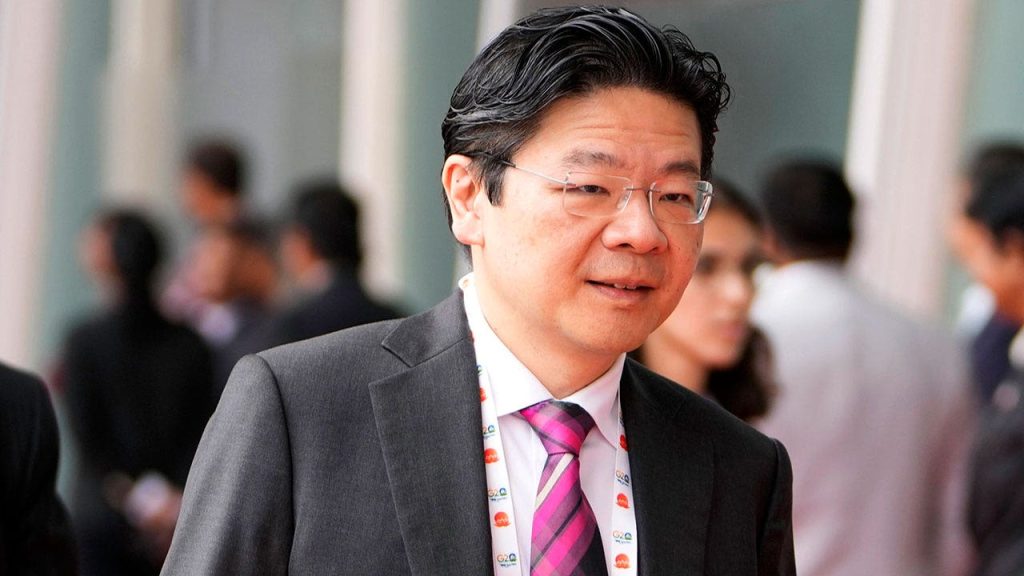Lawrence Wong, a U.S.-trained economist, is set to become Singapore’s fourth prime minister, succeeding Lee Hsien Loong, after a carefully planned political succession aimed at ensuring continuity and stability in the nation. Wong, who played a key role in coordinating Singapore’s successful fight against COVID-19, was not the first choice for the top job. Heng Swee Keat, the anointed successor, withdrew his nomination in 2021, leading to Wong’s selection by the ruling People’s Action Party in 2022. Wong, who has retained his finance portfolio in addition to becoming deputy prime minister, is set for his first big test in general elections expected to be called this year.
As Wong steps into his new role, he aims to be a leader who is strong, kind, and decisive, working towards building a Singapore where everyone can realize their full potential. By taking over as prime minister, Wong will continue the legacy of the People’s Action Party, known for its clean and effective governance, that has been in power for decades in Singapore. Despite Wong’s ascent, the political dynamics in the nation are not expected to change significantly, as seen by Lee Hsien Loong’s plan to remain on as a senior minister, following in the footsteps of all former premiers.
Wong, who grew up in Singapore with parents of Chinese descent, earned a scholarship to study in the U.S. and pursued a successful career in public service before entering politics in 2011. Known for his work in various portfolios, including defense, education, communications, and culture, Wong has been an active voice on social media, sharing insights into his interests in music, dogs, and tennis. Through his Forward Singapore plan, Wong hopes to engage Singaporeans in shaping a more balanced and inclusive agenda for the nation’s future.
As Wong takes on his new responsibilities, he faces challenges such as addressing the rising cost of living, housing affordability, and job security in Singapore. Bread-and-butter issues remain crucial even in a prosperous country like Singapore due to its vulnerabilities. Additionally, Wong must navigate foreign policy challenges, including the Sino-American power rivalry that affects Southeast Asia, where Singapore has traditionally stayed neutral but may face pressure to take sides on various issues. Despite these challenges, Wong is seen as a reliable, accessible leader who emphasizes a team concept in his leadership approach.
Singapore under Lee Hsien Loong’s rule saw significant development, becoming one of the world’s wealthiest nations but also facing criticism for rising income disparity, unaffordable housing, and restrictions on free speech. The People’s Action Party, which has long held power in Singapore, faced increased discontent among voters in the 2020 polls. Against this backdrop, Wong’s leadership will be tested as he seeks to address these pressing issues and maintain the nation’s stability and prosperity. With his inclusive agenda, consultative approach, and emphasis on building a strong team, Wong is poised to lead Singapore into its next phase of development and navigate the complexities of global geopolitics.













